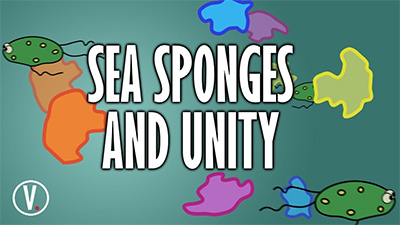DNA: Pointing to Intelligence
On April 25, 1953, James Watson and Francis Crick published a paper that would forever alter our understanding of life and give cause to question leading theories on how we came into existence. Their research gave a small glimpse into the information powerhouse known as DNA. DNA is the molecule responsible for carrying the information needed to build all of the proteins needed to make life possible. This marvel points to an intelligent Creator.










